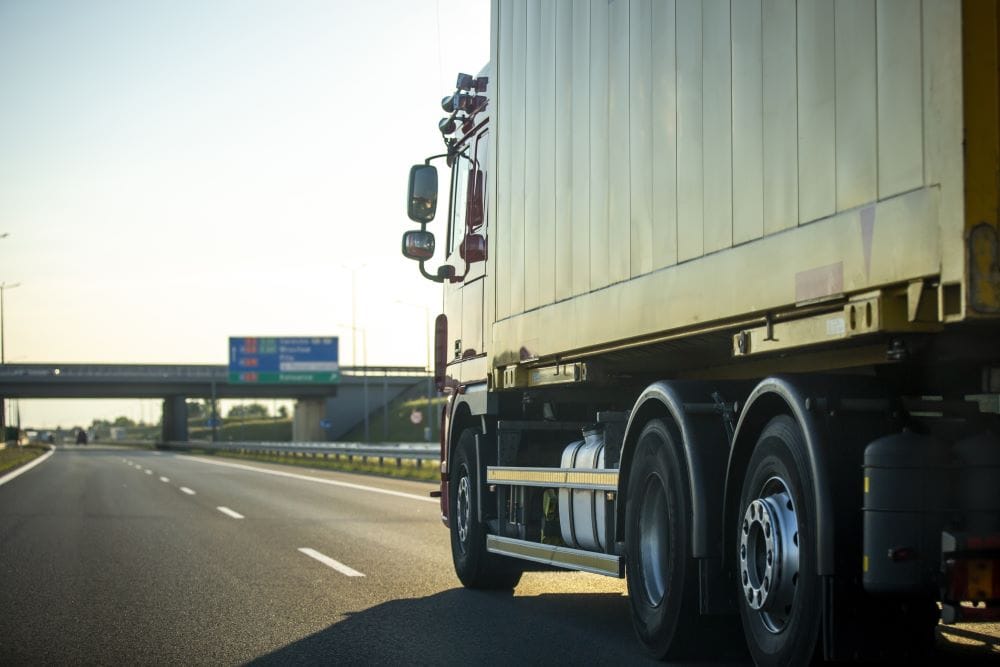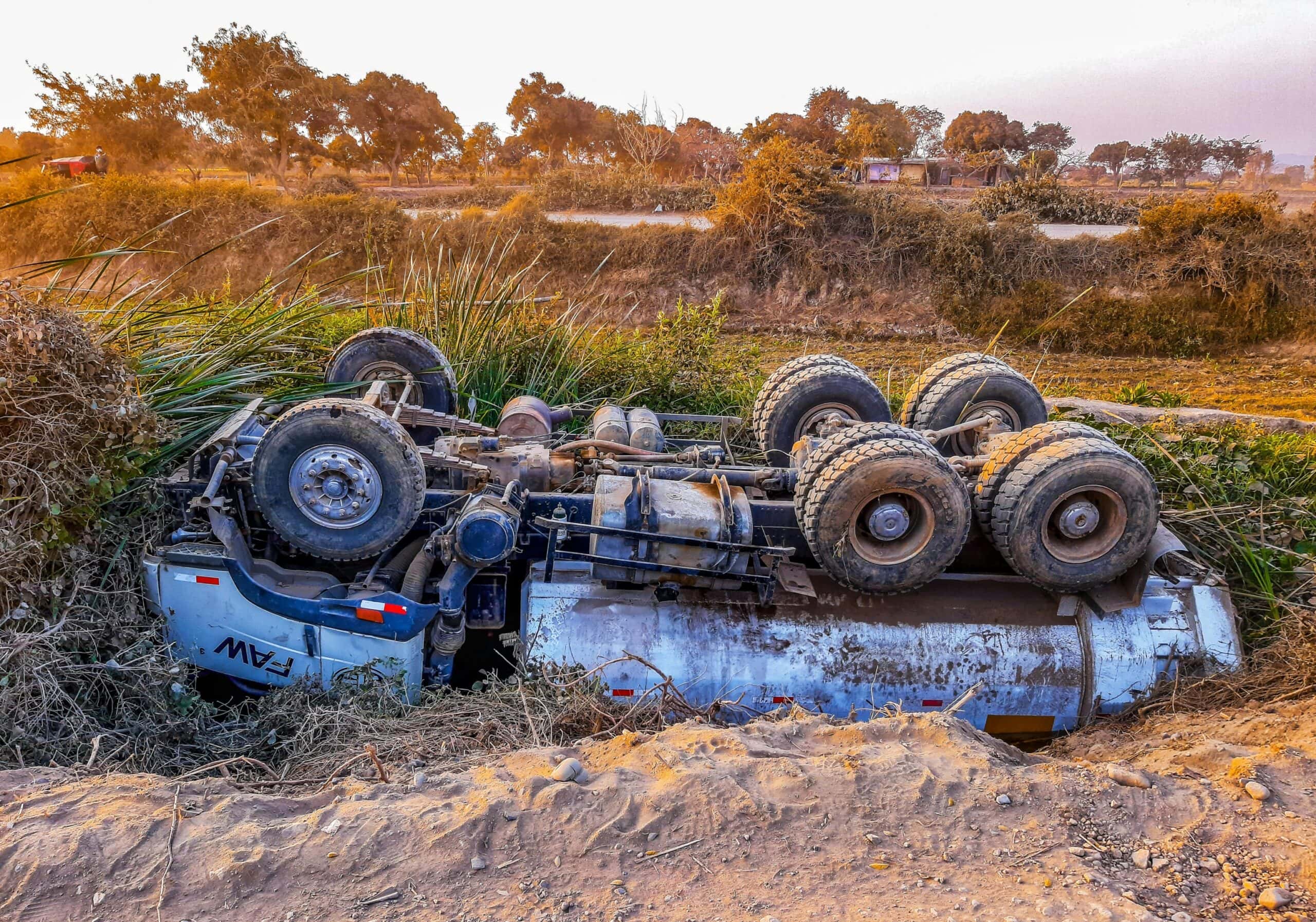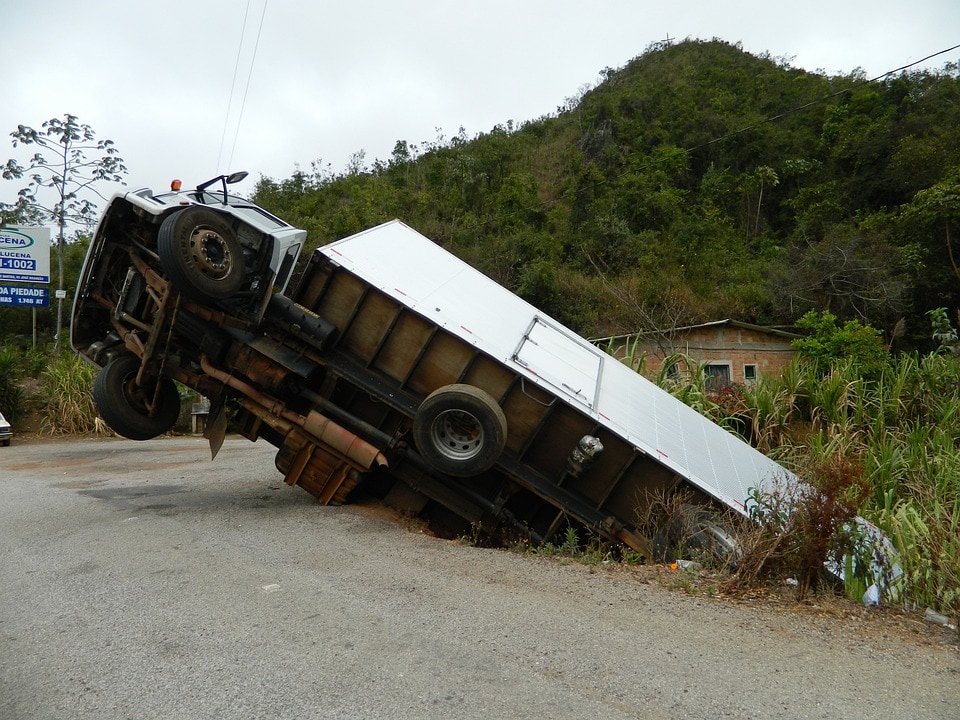
Truck accidents are among the most devastating types of motor vehicle collisions due to the sheer size and weight of commercial trucks. But people involved in such incidents often wonder: When can truck accident victims sue for damages?
Victims often suffer severe injuries, extensive medical expenses, and significant financial hardships. In many cases, truck accident victims have the legal right to seek compensation for their losses by filing a truck accident lawsuit against liable parties, including truck drivers, trucking companies, vehicle manufacturers, and insurance companies. Moreover, there are several misconceptions related to truck accident claims that can also hinder compensation.
If you or a loved one has been involved in a truck crash, understanding your legal options is crucial. The following guide explains when truck accident victims can sue, who may be liable, and what types of compensation may be available.

When Can You Sue for a Truck Accident?
Not all truck accident cases require litigation, but victims may recover compensation through a lawsuit if negligence or misconduct contributed to the truck collision. Generally, you may file a truck accident lawsuit for commercial truck accidents under the following circumstances:
1. The Truck Driver Was Negligent
If the truck driver was responsible for the accident due to careless or reckless behavior, you can file a claim against them. Common causes of truck accident injuries resulting from truck driver negligence include:
- Distracted driving (e.g., texting or using in-cab electronics)
- Speeding or reckless driving
- Driving under the influence of drugs or alcohol
- Drowsy driving or violating federal Hours of Service (HOS) regulations
- Failure to follow safe driving practices
Federal law requires commercial truck drivers to comply with strict regulations under the Federal Motor Carrier Safety Administration (FMCSA) to prevent accidents. Violations of these regulations can serve as strong evidence in a truck accident case.
2. The Trucking Company Was Negligent
A trucking company can be held liable if its negligence contributed to the accident. These cases may also involve semi-truck accidents, which can impact the average payout. This often occurs when a trucking company fails to:
- Properly maintain commercial trucks, leading to mechanical failures
- Hire qualified drivers with clean safety records
- Train drivers adequately to handle large semi trucks
- Enforce Hours of Service (HOS) rules, leading to drowsy driving
- Load cargo correctly, preventing rollovers or jackknife accidents
Under the FMCSA regulations (49 CFR § 396.3), trucking companies must ensure that massive vehicles are properly maintained and safe for road travel. Failing to do so can make them directly liable in a lawsuit.

3. Multiple Parties Share Liability
Many truck accident claims involve multiple parties, including:
- The truck driver
- The trucking company
- A vehicle manufacturer (if defective brakes, tires, or parts contributed to the crash)
- Cargo loading companies (if improperly secured cargo caused the truck accident)
- Maintenance companies (if they failed to perform necessary repairs)
Identifying liable parties requires a thorough investigation of driver logs, the truck’s electronic control module (ECM), police reports, and maintenance records. A skilled truck accident lawyer can help pinpoint all responsible parties.
4. The Accident Resulted in Serious or Life-Altering Injuries
Victims with serious injuries often need extensive medical care, including physical therapy, surgeries, rehabilitation, and future medical expenses.
If you sustained life-altering injuries such as spinal cord damage, traumatic brain injuries, or amputations, a truck accident lawsuit may be the only way to secure fair compensation for long-term care.
Under personal injury law, victims can recover economic damages for medical costs, lost income, and vehicle repairs, as well as non-economic damages for pain and suffering, emotional distress, and chronic pain.

Types of Compensation in Truck Accident Lawsuits
Truck accident victims can pursue various types of compensation depending on the injury severity, financial losses, and long-term impact of the crash. Compensation generally falls into three categories:
1. Economic Damages
These cover financial recovery for tangible expenses, including:
- Medical bills (hospital stays, surgeries, medication, and therapy)
- Lost wages (both current and future earnings)
- Vehicle repairs and replacement costs
- Future medical expenses, including ongoing treatments
2. Non-Economic Damages
Victims may also recover compensation for intangible losses, such as:
- Physical pain and suffering
- Emotional distress and PTSD
- Chronic pain resulting from severe injuries
- Loss of enjoyment of life
In many cases, courts consider factors like the accident victim’s age, health, and long-term prognosis when determining non-economic damages.
3. Punitive Damages
In cases where trucking company negligence or reckless behavior played a role, courts may award punitive damages. These are intended to punish the careless truck driver or trucking company for gross negligence, such as:
- Encouraging drivers to violate FMCSA safety regulations
- Failing to address known mechanical defects
- Allowing unqualified or unlicensed drivers to operate commercial trucks

Wrongful Death Lawsuits in Fatal Truck Accidents
If a truck accident results in a fatality, the victim’s family may file a wrongful death lawsuit. Surviving family members can recover wrongful death damages, including:
- Funeral and burial costs
- Loss of financial support
- Loss of companionship
- Medical expenses incurred before death
Under state wrongful death laws, the deceased’s spouse, children, or parents can typically file a lawsuit. An experienced truck accident lawyer can guide families through this process.
Steps to Take After a Truck Accident
If you’ve been involved in a truck crash, taking immediate action can strengthen your truck accident claims. Here’s what to do:
Seek Immediate Medical Attention
Even if injuries seem minor, some symptoms can develop later.
Call Law Enforcement
A police report serves as crucial evidence in a truck accident case.
Gather Evidence
Take photos of the vehicles involved, the road conditions, and any visible injuries.
Obtain Witness Statements
Witnesses can help establish liable parties.
Consult a Truck Accident Attorney
Scheduling a free consultation with an experienced attorney can help you understand your legal rights.

How an Experienced Truck Accident Lawyer Can Help
Handling a truck accident lawsuit can be complex, particularly when navigating insurance claims and trucking regulations. An experienced truck accident lawyer can:
- Conduct a thorough investigation into the accident that occurred
- Analyze the truck’s electronic control module (ECM) and driver logs
- Work with accident reconstruction experts to determine liability
- Negotiate with insurance companies for fair compensation
- Represent you in court if a lawsuit is necessary
Since many truck accident cases involve multiple parties, hiring a skilled truck accident attorney increases your chances of recovering the compensation you deserve.

Final Thoughts
Truck accident victims face life-changing consequences, including serious injuries, financial hardships, and emotional distress. If your accident was caused by a careless truck driver or a trucking company’s negligence, you may have legal grounds to file a truck accident lawsuit.
Fights Rights After a Truck Accident With BLG
Don’t let insurance companies pressure you into a low settlement—speak with an experienced truck accident lawyer at Bourassa Law Group today for a free consultation and ensure you receive the financial recovery you need.





